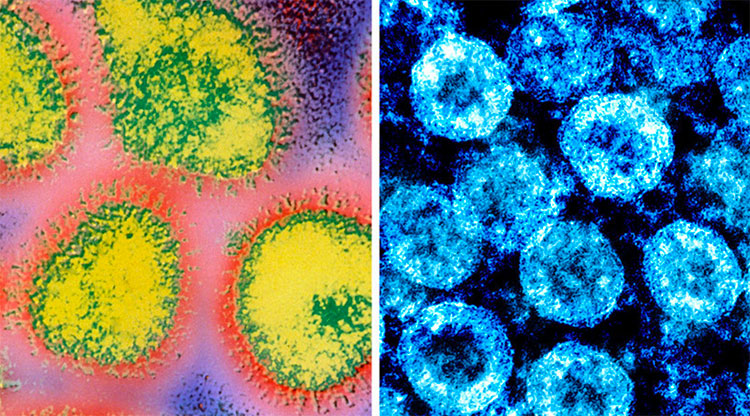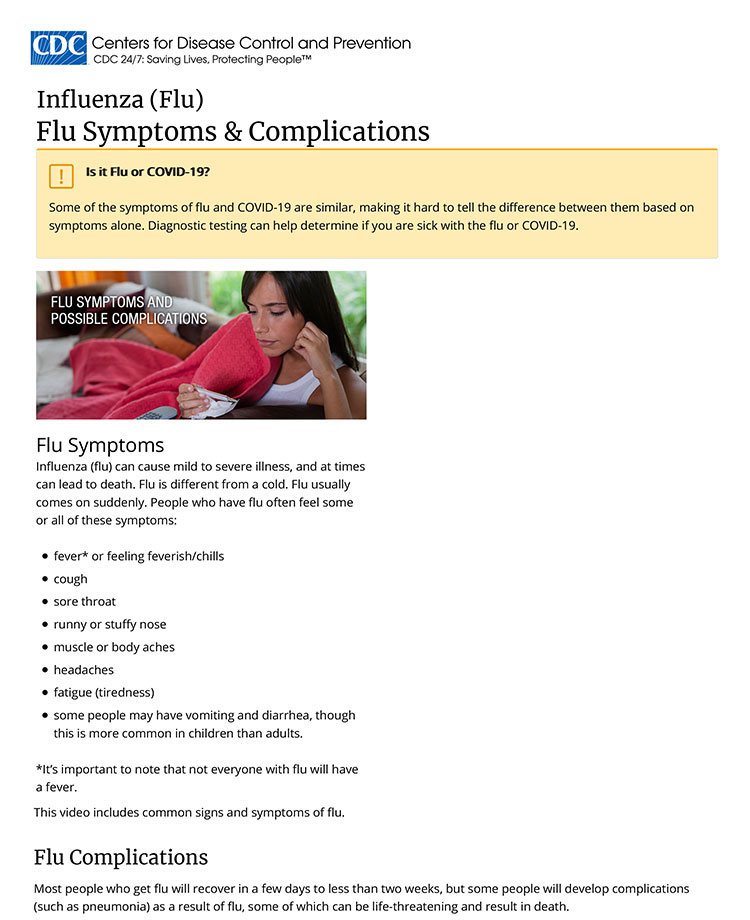The Fauci Files
By Dr. Joseph Mercola
Mercola.com
Story at-a-glance
- Dr. Anthony Fauci has served as the director of the National Institute of Allergy and Infectious Diseases (NIAID) since 1984, but has yet to come out with the “Big One” — a vaccine or infectious disease treatment that will allow him to retire with a victory under his belt
- Fauci has flip-flopped on the use of masks, first mocking people for wearing them, and then insisting they should. In mid-July, he suddenly urged governments to “be as forceful as possible” on mask rules
- While Fauci still claims there’s only anecdotal evidence supporting the use of hydroxychloroquine, and that the drug doesn’t work for COVID-19, the scientific support for it goes as far back as 2005
- In April, Fauci praised the NIAID-sponsored drug Remdesivir, saying it "has a clear-cut and significant positive effect in diminishing the time to recovery." Overall, the improvement rate for the drug was 31%
- Research now shows hydroxychloroquine reduced mortality by 50% when given early, and many doctors anecdotally claim survival rates close to 100%. Despite such excellent results, Fauci continues to disparage and cast doubt on hydroxychloroquine
At 79 years old, Dr. Anthony Fauci — who has served as the director of the National Institute of Allergy and Infectious Diseases (NIAID) since 1984 — has yet to come out with the “Big One” — a vaccine or infectious disease treatment that will allow him to retire with a victory under his belt.
He failed to create a successful vaccine for AIDS, SARS, MERS and Ebola. A COVID-19 vaccine is essentially his last chance to go out in a blaze of glory. As evidenced by his history, he will stop at nothing to protect Moderna’s COVID-19 vaccine and Gilead’s antiviral Remdesivir.
He even threw tried and true pandemic protocols out the window when COVID-19 hit, turning into an unquestioning spokesman for draconian liberty-stripping measures instead. To echo a question asked by Dr. Sal Martingano in his article,1 “Dr. Fauci: ‘Expert’ or Co-Conspirator,” why are we not questioning this so-called expert?



























